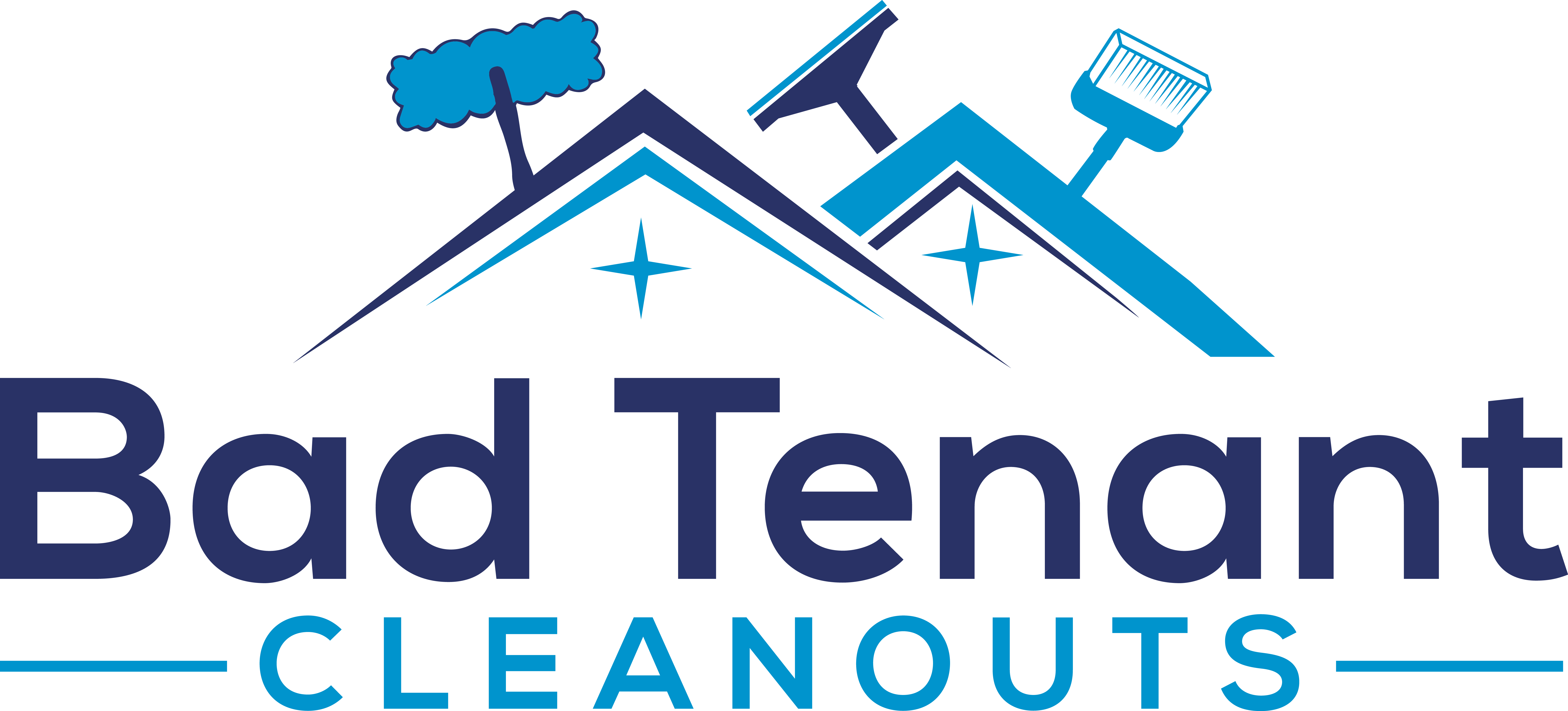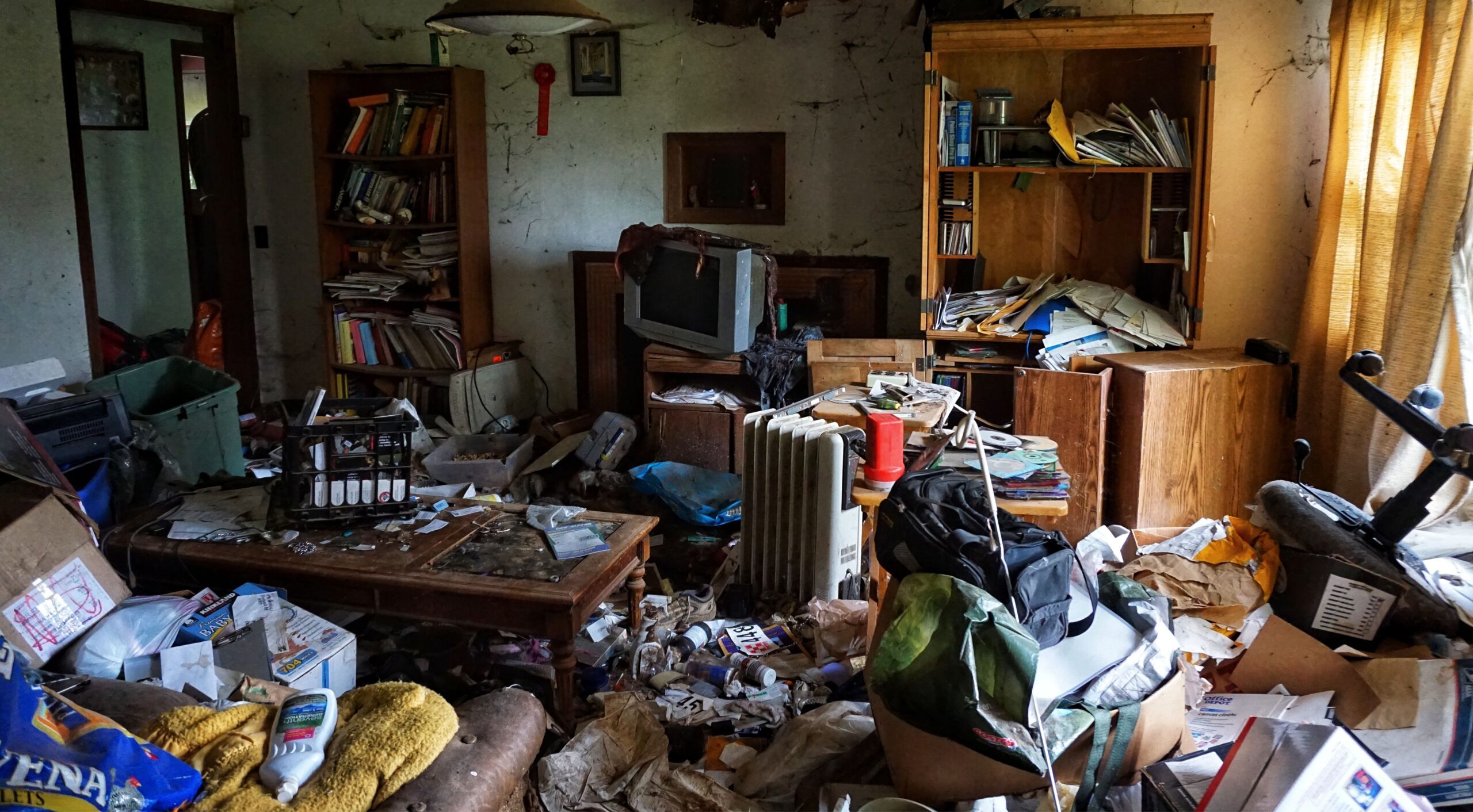Are Rooming Houses Legal in Toronto? Understanding the 2024 Regulations and Licensing Requirements
As of March 31, 2024, significant changes have been implemented regarding the legality and regulation of rooming houses (now referred to as multi-tenant houses) across Toronto. These changes have been introduced to standardize rooming house regulations citywide, ensuring better housing affordability and enhanced safety for tenants. The new laws now permit multi-tenant houses in all residential zones across Toronto, including areas where they were previously banned, such as Scarborough, Etobicoke, and North York.
This guide will provide an updated overview of the new legal framework for rooming houses in Toronto, the licensing requirements, safety regulations, and how these changes impact both landlords and tenants.
What is a Rooming House (Multi-Tenant House)?
A multi-tenant house—formerly known as a rooming house—is a type of rental housing where tenants rent individual rooms in a property, sharing common areas such as kitchens and bathrooms. These homes often cater to individuals seeking affordable accommodation, including students, temporary workers, and low-income residents.
With the growing demand for affordable housing in Toronto, multi-tenant houses play a crucial role in filling the gap, especially in neighborhoods where rental prices are high.
Legal Changes: Rooming Houses Are Now Legal Across Toronto
Prior to 2024, rooming houses were only permitted in certain parts of Toronto, such as Downtown Toronto and Parkdale, while they were illegal in other areas like Scarborough and Etobicoke. This created a patchwork of regulations, leading to a number of illegal or unregulated rooming houses operating outside these zones.
However, under the new regulations enacted in March 2024, rooming houses are now legal in all areas of Toronto that are zoned for residential use. This includes areas where rooming houses were previously banned. The citywide framework aims to improve the availability of affordable housing options and ensure that all rooming houses meet consistent safety and maintenance standards.
Licensing Requirements for Rooming Houses
Under the new rules, all multi-tenant houses in Toronto must be licensed by the city’s Municipal Licensing & Standards (ML&S) department. This license ensures that landlords adhere to the necessary standards for safety, building code compliance, and property maintenance.
Steps for Licensing a Rooming House
- Apply for a Rooming House License: Landlords must apply through the City of Toronto to obtain a license to operate a multi-tenant house. This process involves submitting the necessary documentation, including floor plans and safety certificates.
- Comply with Safety Regulations: Licensed multi-tenant houses must comply with fire safety standards, such as installing smoke alarms, fire extinguishers, and providing safe exits. The city conducts annual inspections to ensure compliance.
- Adhere to Property Standards: The property must meet the Ontario Building Code requirements, ensuring it is safe, structurally sound, and well-maintained. This includes keeping shared spaces clean and ensuring adequate ventilation, heating, and pest control.
- Limit on Number of Rooms: The 2024 regulations specify limits on the number of rooms allowed in multi-tenant houses, depending on the location. In most residential areas, up to six rooms are permitted, while higher-density zones in former Toronto, East York, and York may allow up to 12 or 25 rooms.
Licensing Fees
Landlords are required to pay an annual licensing fee, which varies based on the size of the property and the number of tenants.
Penalties for Operating Unlicensed Rooming Houses
Operating a multi-tenant house without the required license can result in significant penalties:
- Fines: Landlords operating illegal rooming houses may face fines up to $100,000.
- Eviction of Tenants: If a property is found to be operating illegally, tenants may be evicted, which can lead to displacement and instability.
- Enforcement: The City of Toronto has enhanced enforcement efforts, conducting inspections and responding to complaints about unlicensed rooming houses.
Enhanced Safety and Tenant Protections
The 2024 regulations place a strong emphasis on tenant safety and living conditions. Key improvements include:
- Annual Inspections: The city will conduct regular inspections of licensed multi-tenant houses to ensure they meet fire safety, structural, and health standards.
- Tenant Rights: Tenants living in licensed multi-tenant houses are protected under the Residential Tenancies Act (RTA). This ensures that they have legal protections, such as the right to a safe and habitable home and the right to dispute illegal rent increases or unsafe conditions.
What Does This Mean for Landlords and Tenants?
For Landlords
- Legal Operation: Landlords can now legally operate multi-tenant houses across all of Toronto, provided they obtain the required license and comply with the new regulations.
- Increased Enforcement: With more resources dedicated to enforcement, unlicensed rooming houses are at greater risk of fines and closures. Landlords should ensure they meet all licensing and safety requirements to avoid penalties.
- Higher Demand: With the rising need for affordable housing, landlords operating licensed rooming houses may see increased demand for rental spaces, particularly in high-demand areas like Scarborough and Etobicoke.
For Tenants
- Better Housing Options: Tenants now have access to more affordable housing options across the city, with the assurance that licensed multi-tenant houses meet safety and maintenance standards.
- Tenant Rights: Tenants living in licensed properties are protected under Ontario’s Residential Tenancies Act (RTA). They have the right to report unsafe conditions or disputes with landlords to the Landlord and Tenant Board (LTB).
- Safe Living Conditions: The city’s emphasis on annual inspections and safety standards means that tenants can expect better-maintained living environments.
Future Changes and Developments
While the 2024 regulations represent a significant step forward, Toronto is continuing to refine its approach to rooming houses. The city plans to work closely with community groups, tenant advocates, and landlords to address any concerns that arise as the new framework is implemented.
Ongoing initiatives include:
- Tenant Education: Programs to help tenants understand their rights in licensed multi-tenant houses.
- Landlord Support: Resources for landlords to help them comply with the new regulations and maintain their properties in line with the city’s standards.
- Affordable Housing Expansion: The city may explore additional zoning changes and incentives to further expand affordable housing options, including rooming houses, across all neighborhoods.
Rooming Houses in Toronto
With the legalization of rooming houses citywide, Toronto is taking an important step toward addressing the housing crisis by providing more affordable and regulated living options. Landlords must ensure they follow the new licensing and safety regulations, while tenants can benefit from stronger legal protections and improved housing conditions.
For more detailed information on licensing and compliance or to stay updated on future regulatory changes, both landlords and tenants can visit the City of Toronto’s official website or consult with legal experts specializing in housing and tenant rights.
These reforms are a promising development in the push for more equitable and affordable housing in one of Canada’s most expensive rental markets.


